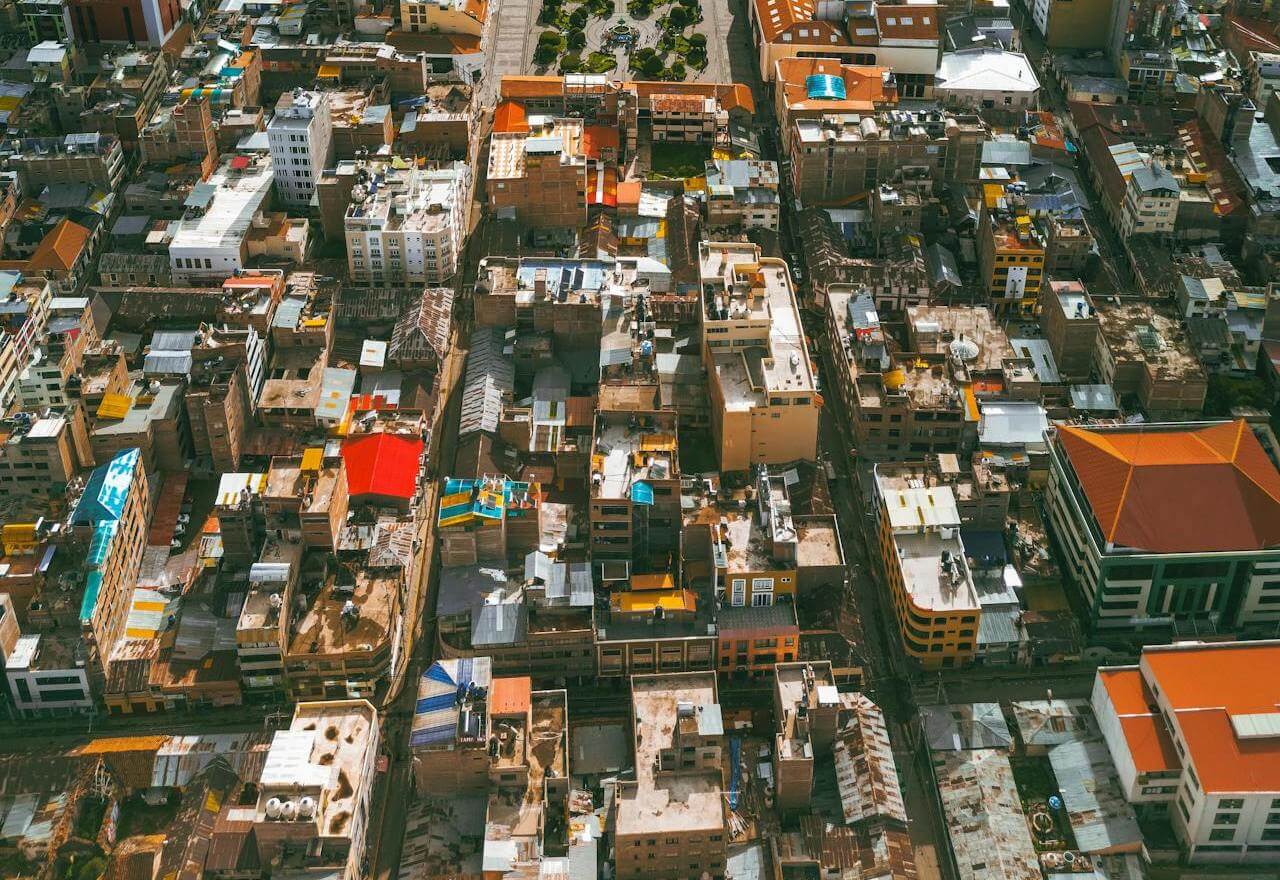Types of attractions in Puno
Puno, often referred to as the Folkloric Capital of Peru, is a vibrant city nestled on the shores of Lake Titicaca. Its attractions are a distinctive blend of rich culture, history, stunning natural beauty, and religious traditions, making it a fascinating destination for travelers.
Historical
Puno's historical attractions offer insights into its colonial past. The Catedral de Puno, built in the mid-18th century, showcases beautiful baroque architecture and is a key spiritual center. The Casa del Corregidor is another historical site, known for its remarkable colonial façade and intriguing history.
Natural
Nature lovers will be enchanted by the scenic beauty surrounding Puno. Lake Titicaca is the highest navigable lake in the world and offers breathtaking views. The Islands of Uros, built from totora reeds, provide a unique glimpse into the lives of the Uros people who inhabit them.
Religious
Puno is a place where indigenous beliefs intertwine with Catholicism. The Festival of the Virgin of Candelaria celebrated every February, showcases this blend with vibrant parades, music, and dance.
Cultural
The city's culture can be experienced in its museums. The Archaeological Museum of Puno houses artifacts from various pre-Hispanic cultures, while the Textile Museum offers a look at traditional fabrics and techniques.
Museums
Puno’s museums include the Regional Historical Museum, which chronicles the city’s storied past, making it a perfect stop for history buffs.
Entertainment
Puno is alive with cultural performances. Visitors can enjoy traditional music and dance at local venues, providing an authentic experience of Peruvian folklore.
Must-see landmarks in Puno
The landmarks of Puno not only enhance its cultural identity but also serve as monuments of its rich history and natural beauty. Here are some must-see landmarks that define this enchanting city:
- Lake Titicaca - The world’s highest navigable lake, known for its serene beauty and vibrant local culture.
- Islands of Uros - Floating islands made of reeds, home to the indigenous Uros people.
- Catedral de Puno - An architectural masterpiece with intricate details and a rich history.
- Viewpoint at Huajsapata - Offers stunning panoramic views of the city and Lake Titicaca.
- Casa del Corregidor - A historical building that showcases colonial architecture.
- St. Charles Borromeo Church - A beautiful example of Puno’s religious heritage.
- Archaeological Museum of Puno - Displays artifacts that tell the story of the region’s rich past.
Attractions for families and kids
Puno is a family-friendly destination that offers numerous attractions catering to children and families. Its captivating landscape and engaging cultural experiences make it perfect for family adventures.
- Islands of Uros - Kids will love exploring these unique floating islands and learning about the indigenous lifestyle.
- Puno's Main Square - A spacious area perfect for families to relax, play, and enjoy local snacks from nearby vendors.
- Museo Carlos Dreyer - Offers interactive exhibits that make learning about local art and culture fun for kids.
- Lake Titicaca Boat Tours - Family-friendly boat tours provide a chance to explore the lake and its wildlife.
- Parque Pino - A local park ideal for picnics, featuring playgrounds for the little ones.
- El Balcón del Diable - A family-friendly restaurant with great views of the lake and delicious local cuisine.
- Casa del Arte - Fun arts and crafts workshops that engage children creatively.
Summer and winter attractions
Puno experiences distinct seasons, each offering unique attractions and activities. Whether you visit in summer or winter, there's always something to enjoy.
Summer
During the summer months, from December to February, Puno is alive with festivities and activities. The Festival of the Virgin of Candelaria takes place every February, featuring elaborate parades and traditional music. Visitors can also enjoy boating activities on Lake Titicaca, taking in the stunning sunsets and exploring the Uros Islands. Adventurous families might engage in hiking in the surrounding hills, taking in the panoramic views.
Winter
From June to August, winter in Puno can be chilly but offers a charming atmosphere. Visitors can experience intimate cultural events and enjoy the local cuisine in cozy restaurants. Additionally, the Festival of the Andean New Year (Inti Raymi) is celebrated during winter and provides a deeper understanding of the region's indigenous cultures. The beauty of the frozen landscape around Lake Titicaca also invites photography enthusiasts to capture stunning wintry scenes.
Visitor information and tickets
Having the right visitor information is essential for planning your sightseeing adventures in Puno. Here are some important details to consider:
- Opening Hours: Most attractions are open daily, with varying hours. Generally, historical sites open from 8 AM to 5 PM.
- Ticket Prices: Entrance fees generally start at around 10 PEN (Peruvian Soles) for major attractions like museums, with some family-friendly activities being free.
- Free Attractions: The natural beauty of Lake Titicaca is free to enjoy, and parks like Parque Pino require no admission.
- Guided Tours: Booking guided tours in advance is recommended, especially for boat trips to the Uros Islands. Websites and local tour operators provide useful packages.
- Travel Insurance: Consider securing travel insurance that covers high-altitude adventures.
Photography and tourist info centers
Capturing the charm of Puno is essential for any visitor, and several spots are perfect for photography. The city's vibrant culture, stunning landscapes, and historical buildings provide fantastic backdrops for memorable photos.
- Best Photo Spots: The viewpoint at Huajsapata offers panoramic views of the city and Lake Titicaca. The colorful houses of the local markets also make charming subjects.
- Photography Rules: Always ask for permission before photographing locals, especially during cultural festivals.
- Tourist Info Center: Tourist Info Center: +51 123-4567, Main Square, Puno, Open Daily from 9 AM to 6 PM.









